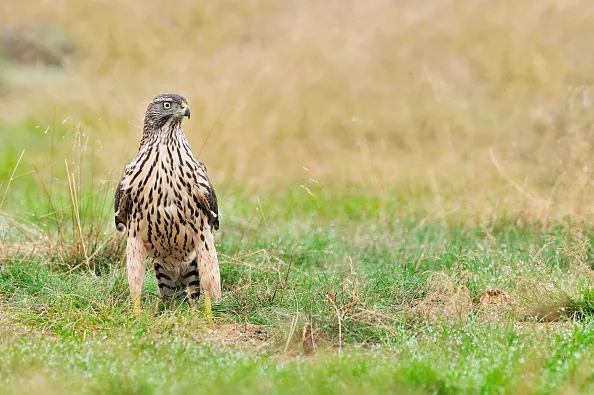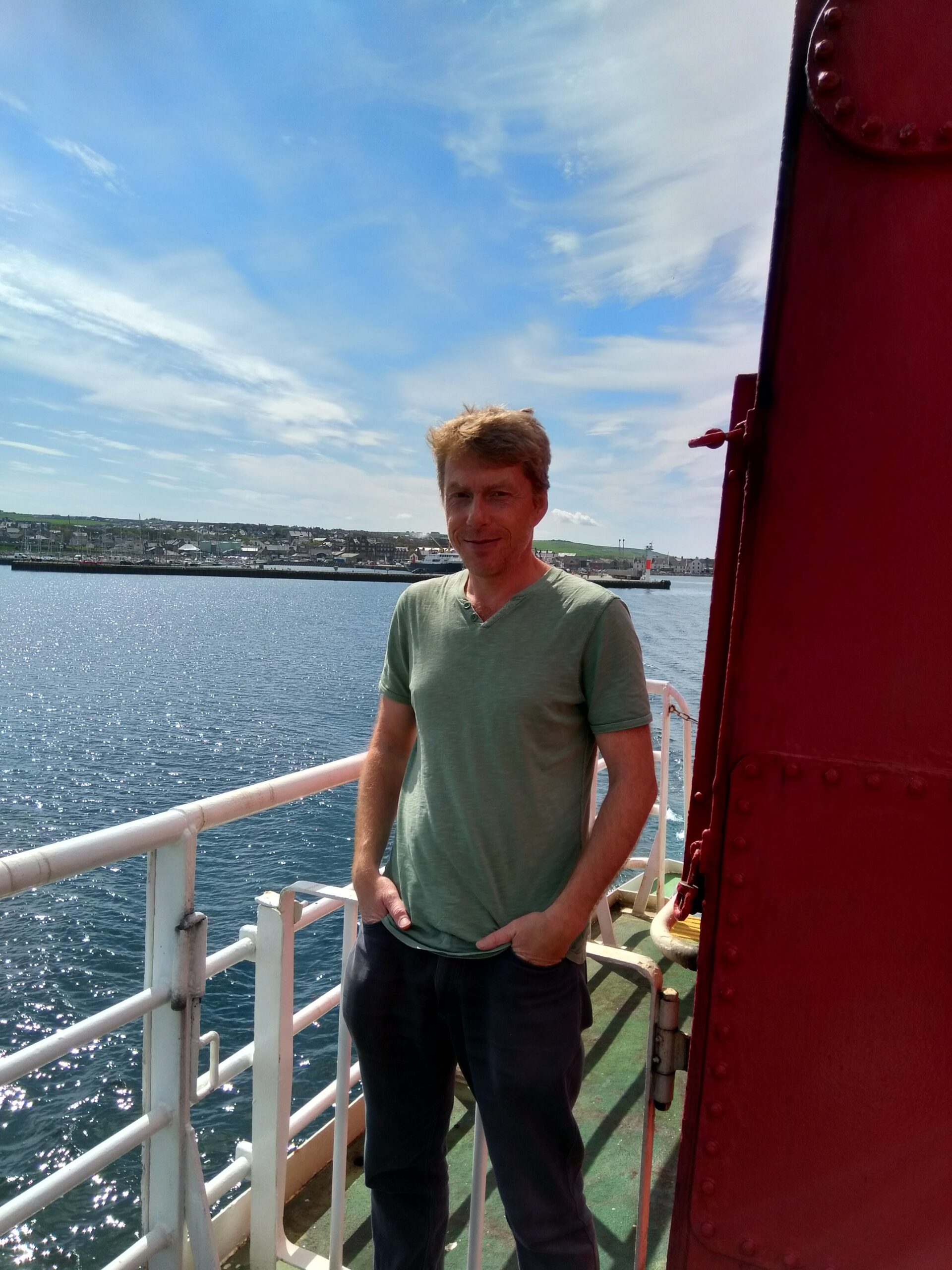MR: Do you have any personal connections to the countryside?
SH: I consider myself grounded in the countryside. Apart from university, it’s where I have always lived. My mother’s family were hill sheep farmers in Wales and we now have a smallholding in Cumbria [Hayman is the MP for Workington] that farmers put their cattle and sheep on. It’s part of an SSSI, we have a couple of beehives there and we’re working with the Rivers Trust to improve and encourage wildlife. I enjoy walking in the fells and taking the dog walking in Scotland. I feel I am a country person.
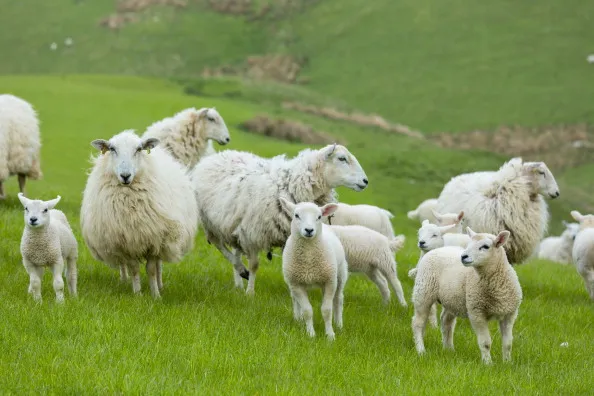
MR: It’s been said that Labour is an urban party and it doesn’t really understand the countryside. You will disagree with that perception – but how do you go about changing it?
SH: We are always looking to work closely with other [shadow] departments to ensure that we have a rural perspective in our policies and that rural issues, such as schools and bus services, are integrated with our wider strategies. We have got some good people in the party who understand that.
MR: A lot of people were taken by surprise by how many farmers voted for Brexit. Why do you think they did?
SH: Many of them have said to me that the Common Agricultural Policy (CAP) hasn’t always been that popular. They just feel there could be a better way of working.
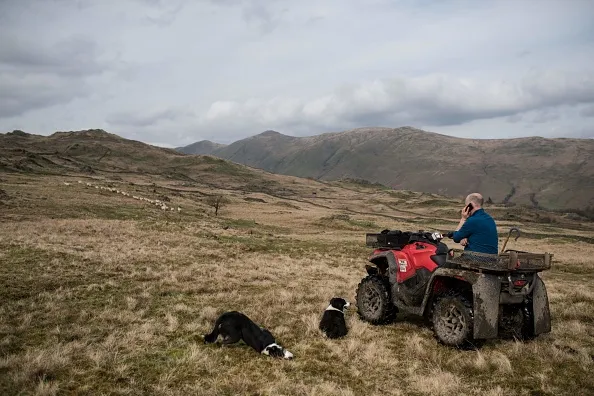
MR: Do you see Brexit as an opportunity to rethink how we farm, and how farmers are subsidised? What do we do with the £3bn that UK farming receives at the moment?
SH: There are huge challenges to get it right and as to how we replace CAP. We need to ask how we can support farmers who do the most public good. We have farmers in the Lake District who are being really productive and doing good for the environment at the same time. It’s the farmers who have created the lovely landscape of the Lake District, which was recently designated a World Heritage Site.
Farmers are doing a huge amount for the environment and that needs to be recognised. We need to look at the farms that are doing well in this area and roll that out. We just need to make sure that we don’t undermine the farming industry. One of the problems we have is that profitability is too dependent on direct payments. If you just hand over money, you are not helping farmers to stand on their own feet. The question is, how do we make farming more resilient?
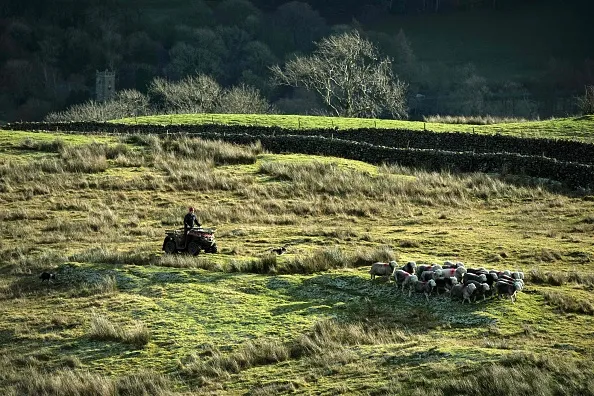
MR: Incomes of many hill farms are incredibly low – surely we will have to continue to subsidise such farms?
SH: From my mother’s sheep farm, I am personally aware of the challenges that face the hill farm sector. If you start losing farms in a rural community, then you are in danger of losing the school and the shop.
MR: Do you worry that farming will be traded off in any Brexit and wider trade deals? It’s often said that farming contributes just 0.7% of UK GDP.
SH: You can look at statistics in different ways– you could also say that food and drink production and exports are worth a great deal. It’s incredibly important that experts in farming and different farming organisations are involved [in the negotiations]. Farmers feel that they are constantly ‘done to’. It’s important they become part of the conversation. In my constituency, farmers feel out of the loop. During floods they see experts come from London, but the farmers have been here for generations, they know the land better than anyone and why it floods. Farmers need to be listened to more.
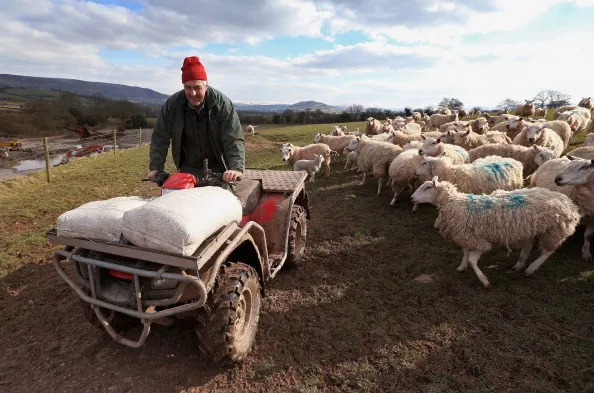
MR: How would you ensure that wildlife and environmental standards are not watered down after Brexit?
SH: We put forward an amendment to the Withdrawal Bill with respect to both the Habitats and Birds Directives, that both should be brought back entirely into English law. We certainly don’t want them watered down. It’s also important that civilians retain the right to challenge the Government on environmental rights.
MR: What about food and animal welfare standards?
SH: Farmers are very, very concerned that we don’t get overwhelmed by cheap, substandard food in any post-Brexit trade deals. We have challenged the Government a number of times on this. Chlorinated chicken is one issue but this country has done a lot of work to reduce antibiotics in the food chain and we don’t want to go backwards on that. Our animal welfare plan is out for consultation but we would enshrine the principle of animal sentience into law for all policy areas.
MR: What about migrant farm labour after Brexit? The NFU is reporting members having difficulty recruiting enough seasonal workers – they say the number coming to work on British farms has dropped by 17%.
SH: We would introduce a seasonal agricultural worker’s scheme. I know farmers have been feeling this [as an issue] and it’s not just seasonal workers but workers in the processing industry. We have to take this very seriously but at the same time look to encourage people in the UK to turn to farming.
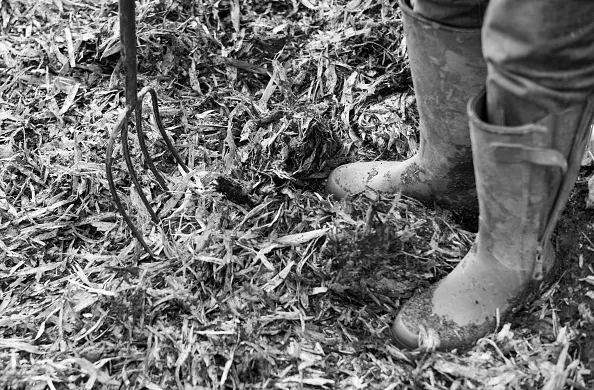
MR: The obstacles to encouraging British people to work in the countryside are well-documented: transport, the just-in-time nature of work, rates of pay...
SH: It’s not just about bus services, we need a proper policy in place that works with rural communities. It’s about talking to colleagues in education and transport and taking a nuanced approach.
MR: How would Labour address the polarisation of town and country?
SH: Many people feel disconnected from the countryside and where their food comes from. It’s good to get people out into the countryside, we know it’s good for physical and mental health. The more people understand how farm to fork works, the more likely it is they will be concerned about animal welfare. But [that can apply to] people in rural areas too. In my constituency in Workington [in Cumbria] there are children who have never been walking in the Lake District. I like the ‘Facetime a Farmer’ approach, where a farmer connects with children in inner cities by Skype and this then gets followed up by a farm visit.
MR: Isn’t there a problem in Parliament too? Many of the outdoors-oriented MPs have gone in recent years. I wonder how many MPs in any party could identify 20 wildflowers.
SH: I’m not sure that is the case. I meet a lot of MPs who are interested in the countryside and there’s no shortage of knowledge.
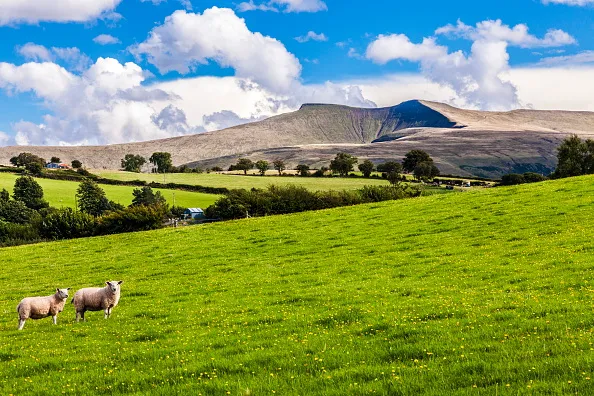
MR: Jeremy Corbyn often emphasises the shortage of affordable housing in the UK but it is not always clear whether he has rural housing in mind. Do you consider the cost of rural housing an issue and how would you address it?
SH: The second home issue is difficult to resolve. In areas such as national parks, they are having a knock-on effect on prices. There is legislation in place in many areas but how we take that forward is part of discussions we are having. I’m not sure where we are going with the Land Value Tax but there is a concern with huge businesses stockpiling land.
MR: Would Labour continue the badger cull? It sometimes seems as though the default policy of any UK political party is to deal with an environmental problem by culling.
SH: We would stop the cull. We are concerned that the Government is organising a large roll out when we don’t believe there is the scientific evidence to support that. We believe there should be stronger testing of cattle. Most bovine TB is transmitted between cattle so that has to be looked at in more scientific detail. We need tougher restrictions on animal movement. We had an outbreak in Cumbria recently that was traced to a herd that had been moved in from Ireland. I consider myself a pragmatic politician but we have had culling for years and it hasn’t solved the problem. A large number of badgers have been culled but the number of cattle slaughtered is appalling.
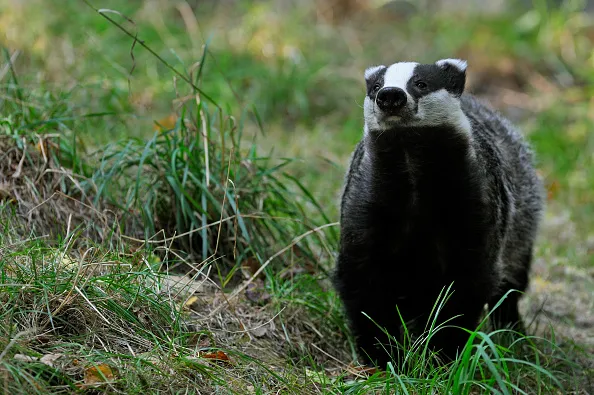
MR: Hen harrier and wider raptor persecution has moved up the public agenda in recent months. What do you think should be done?
SH: Our animal welfare plan is out for consultation but the RSPB reported that for the first time in 30 years there had been no prosecutions for poisoning. We need to enforce that better and have tougher penalties.
MR: What do you expect the countryside to look like in 25 years’ time?
SH: I would like to see more trees, healthier soil, rivers in good condition and less flooding. I hope that we can get more children out and connected to the countryside. If children are engaged with the countryside before the age of 11, it is likely to stay with them as an interest for life.
